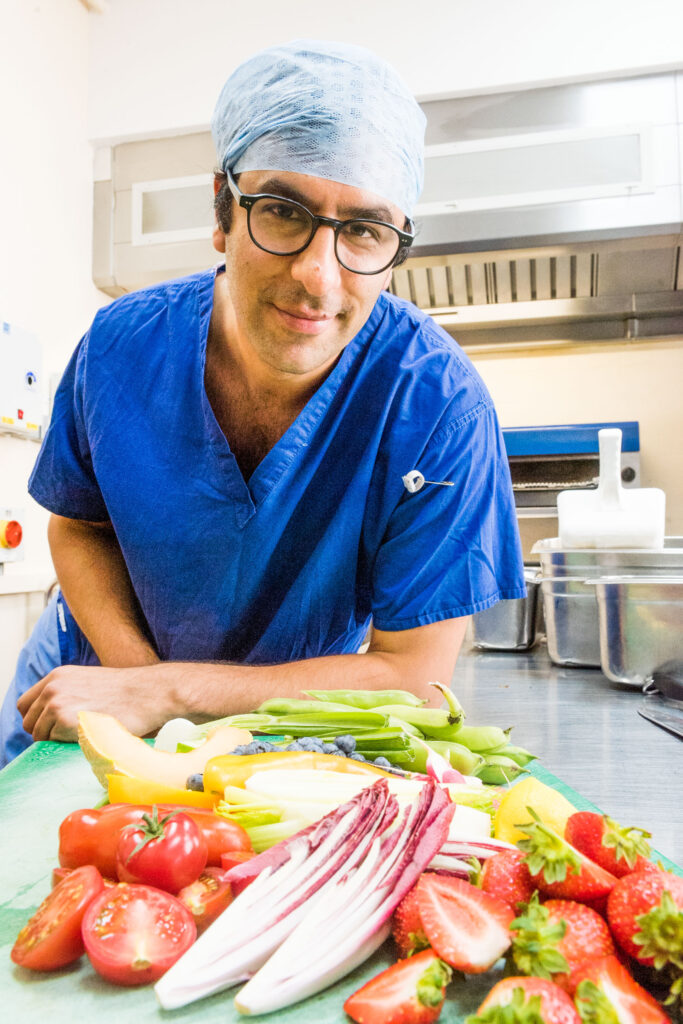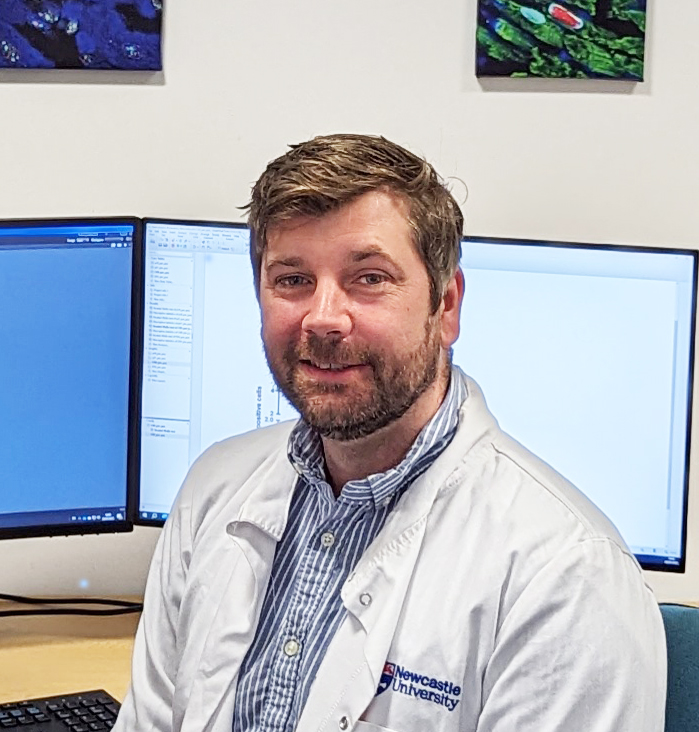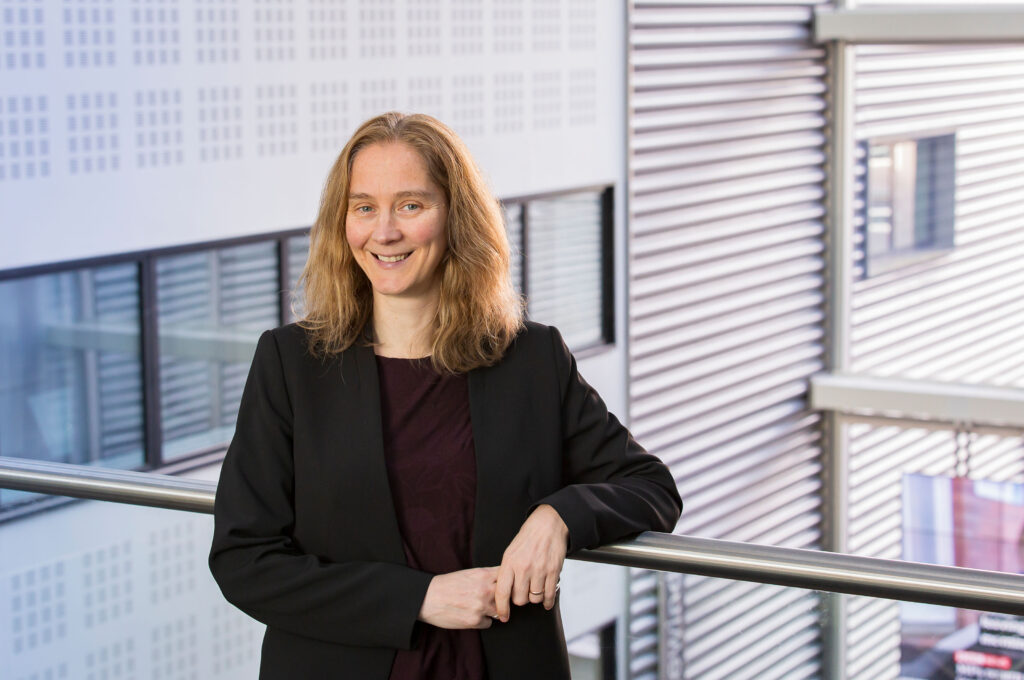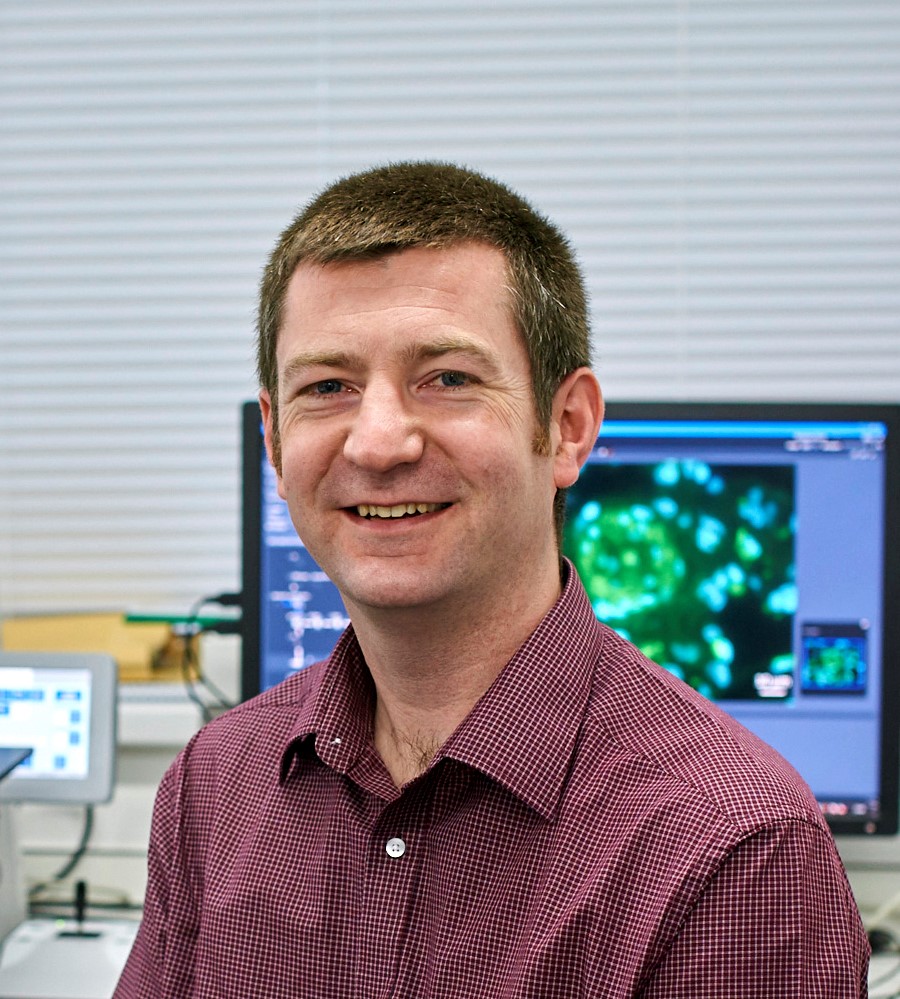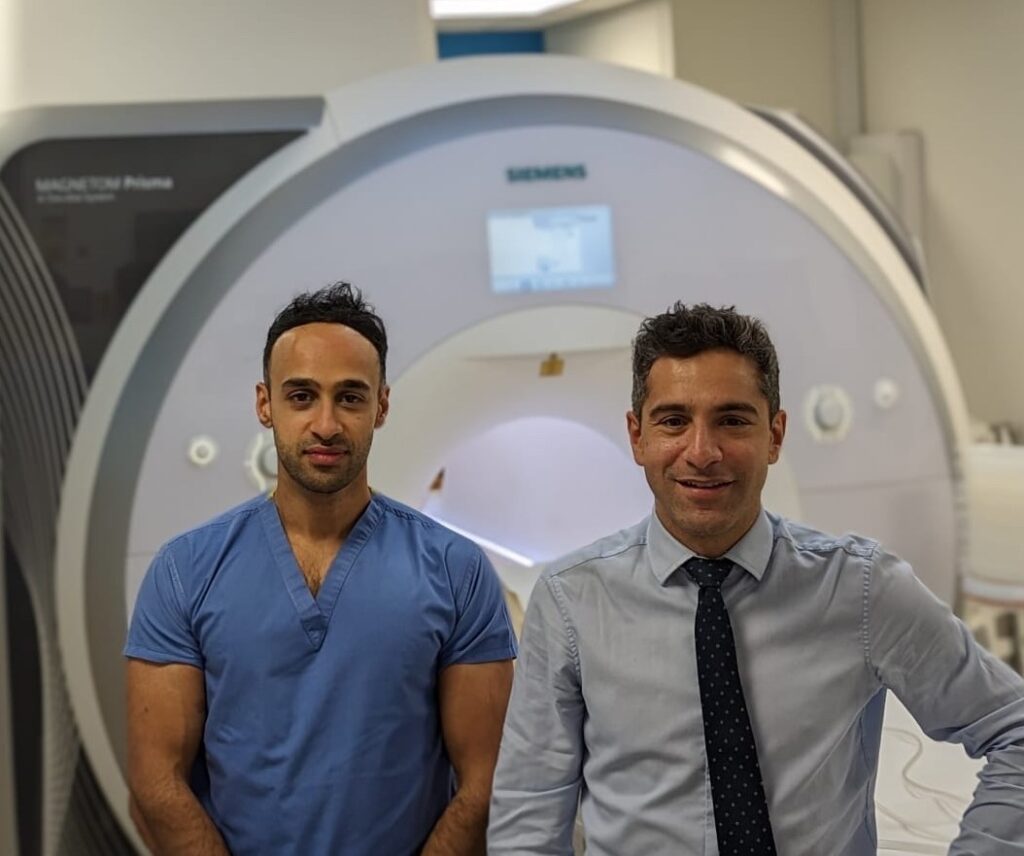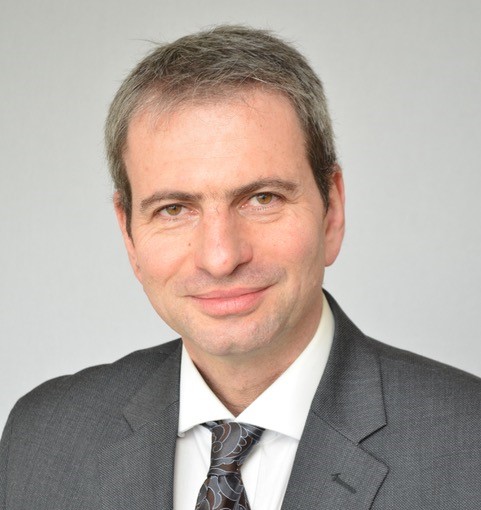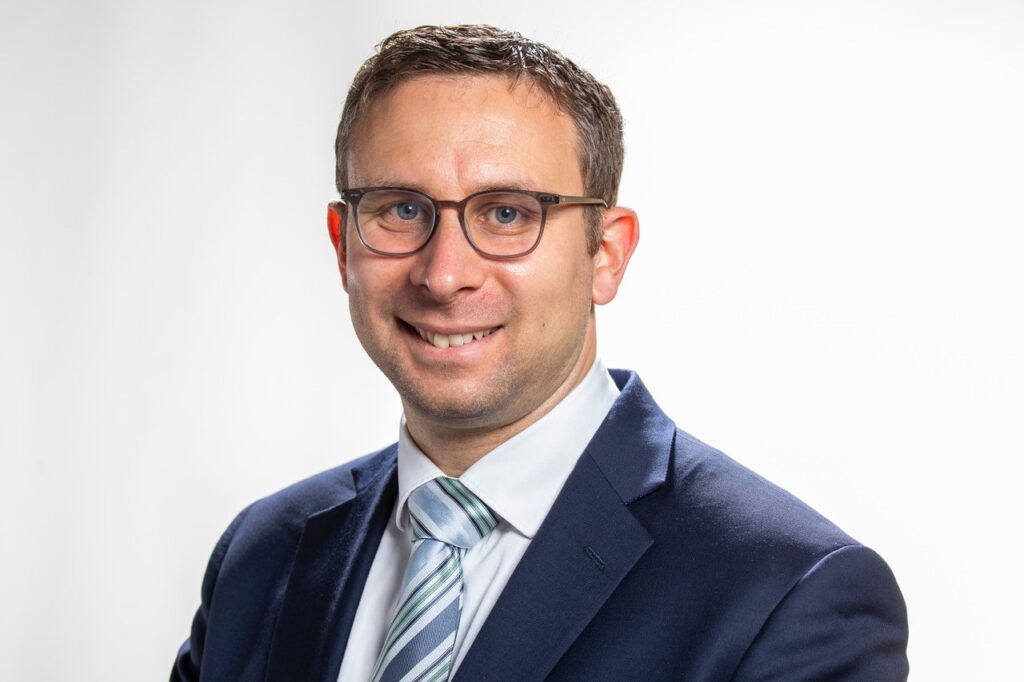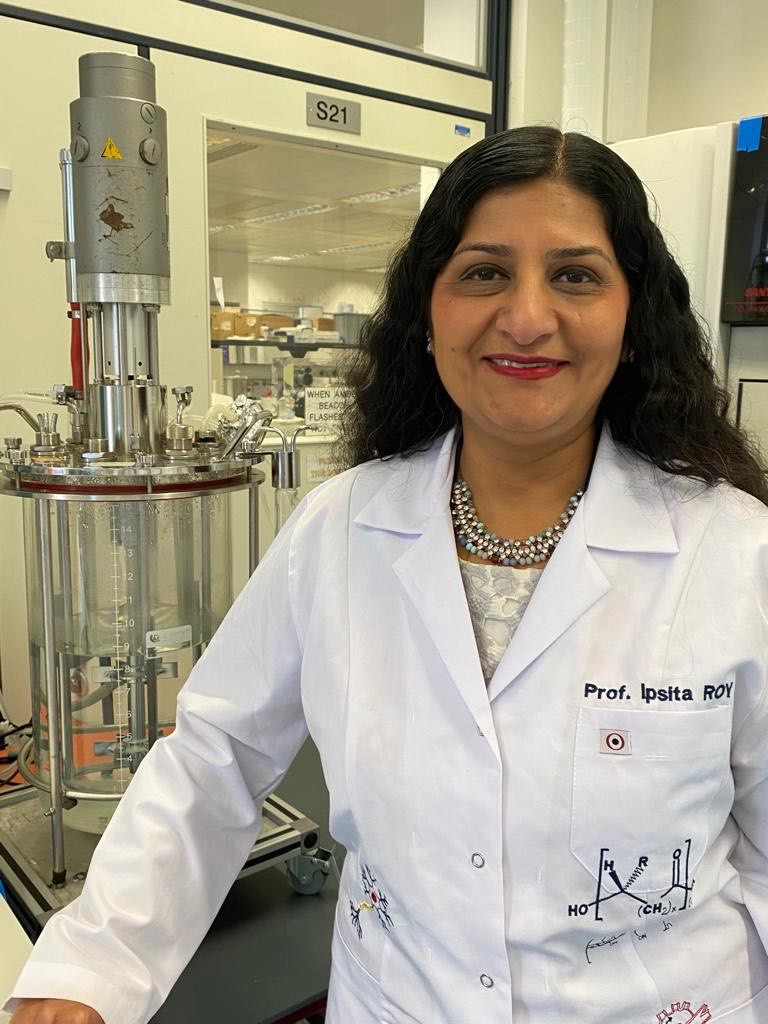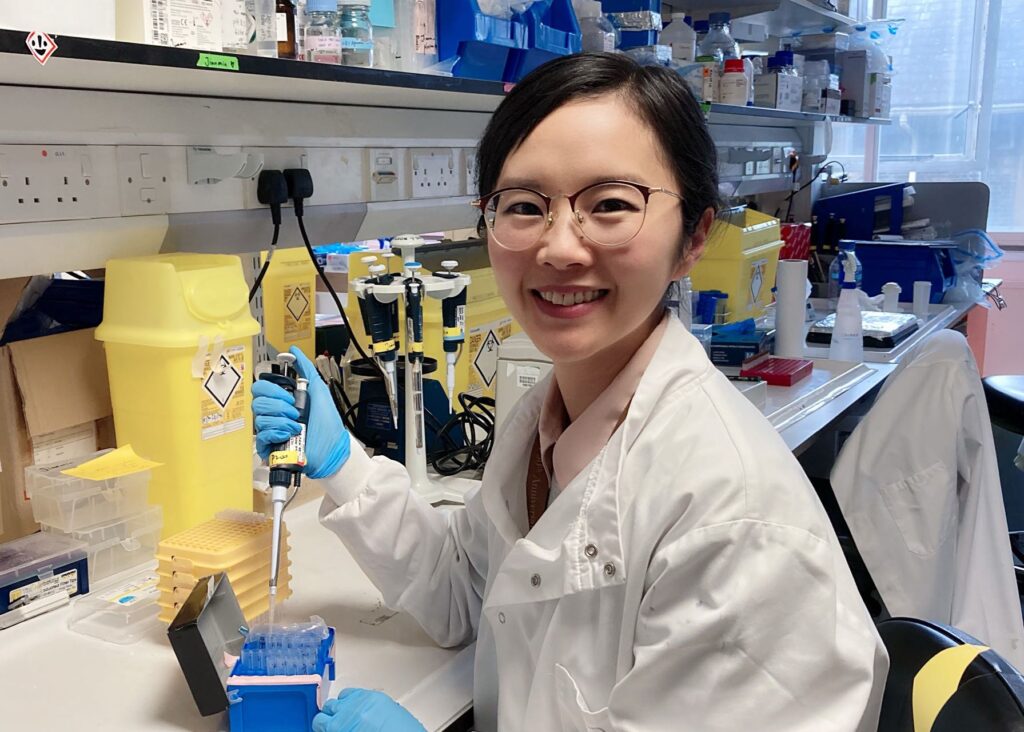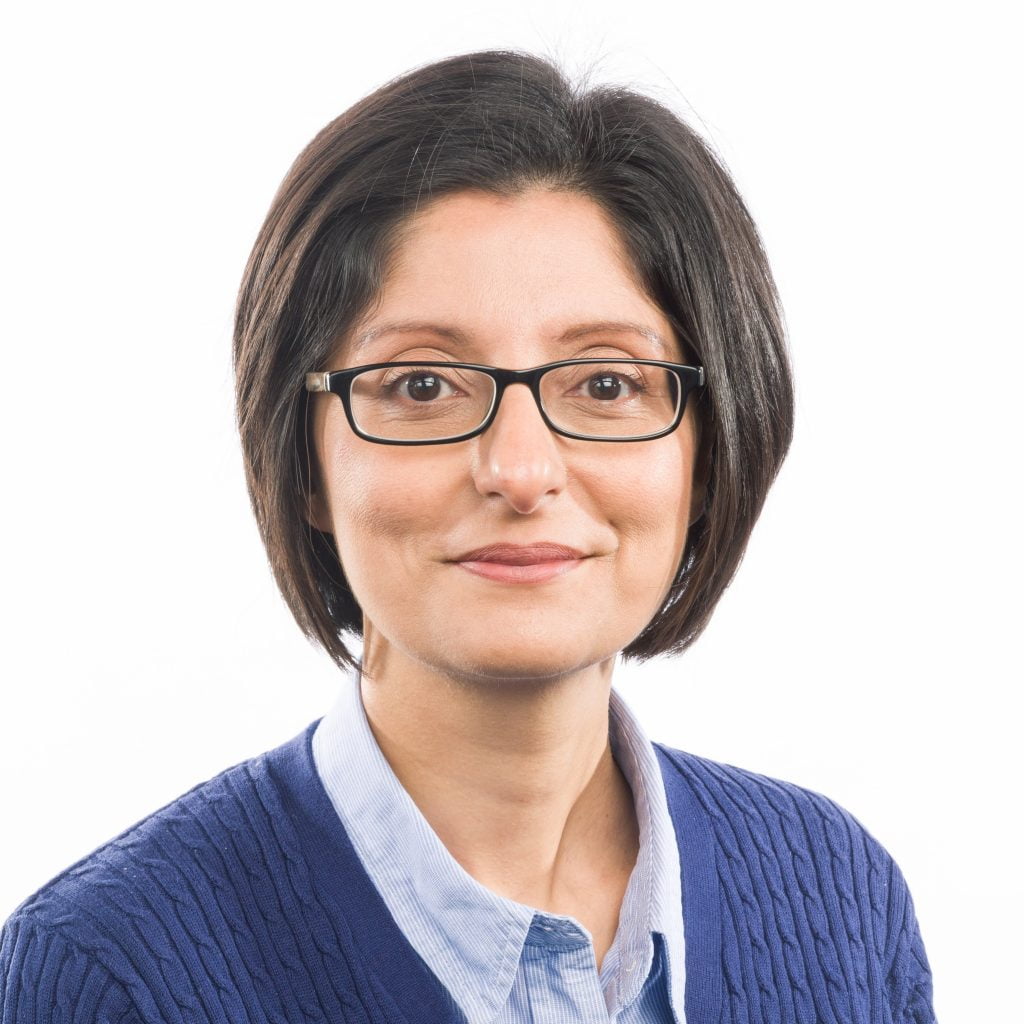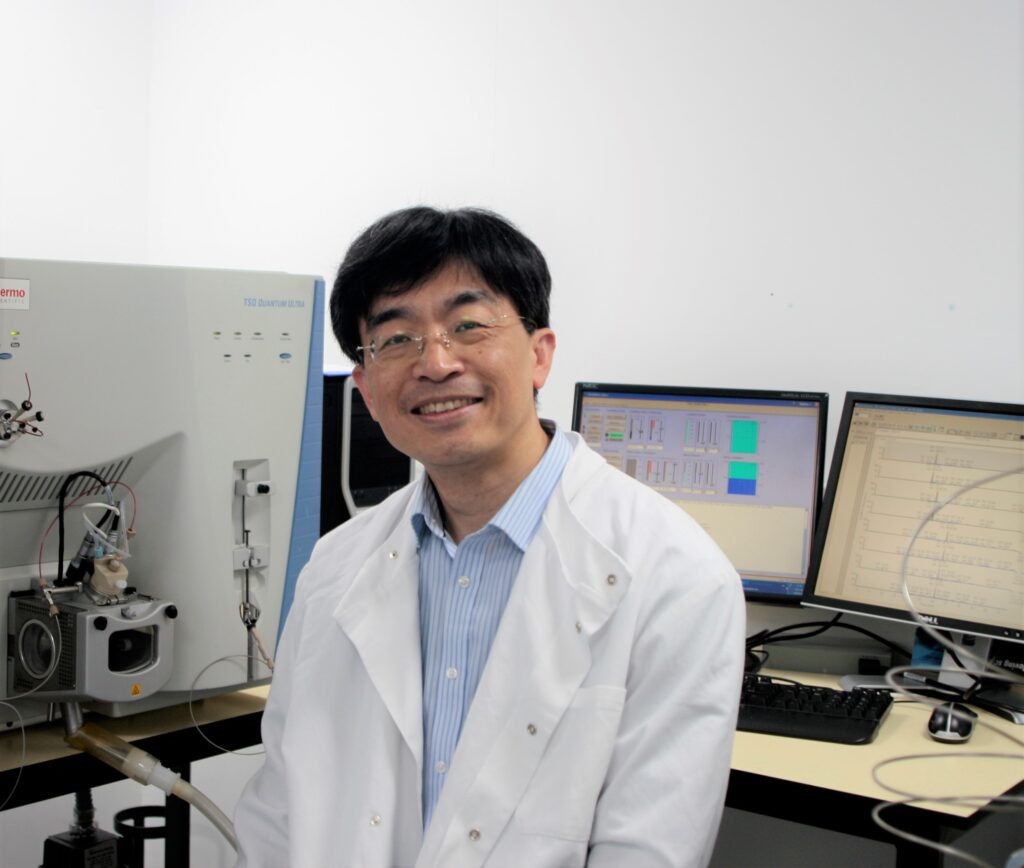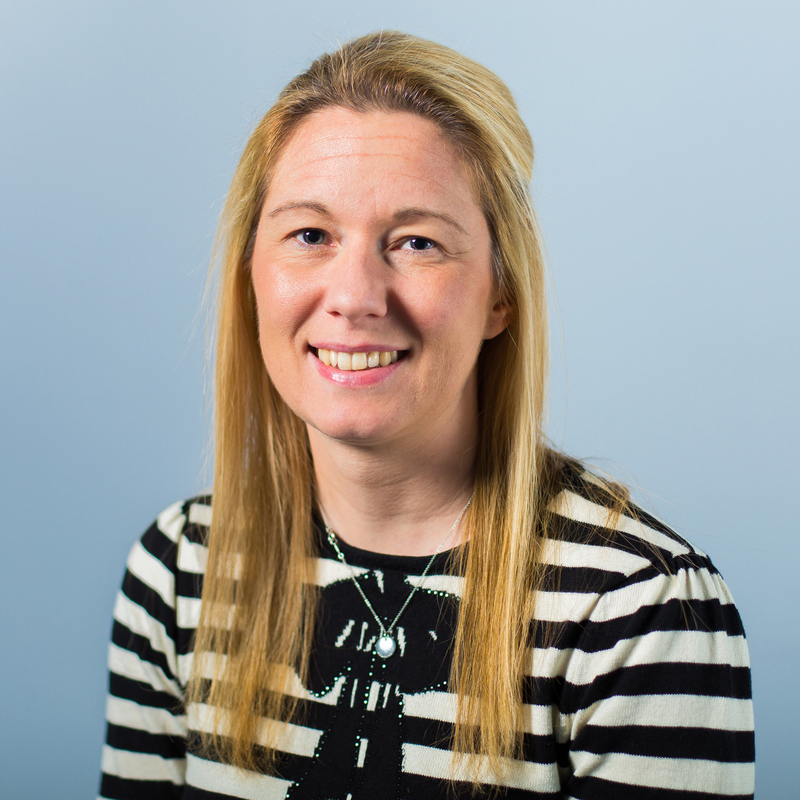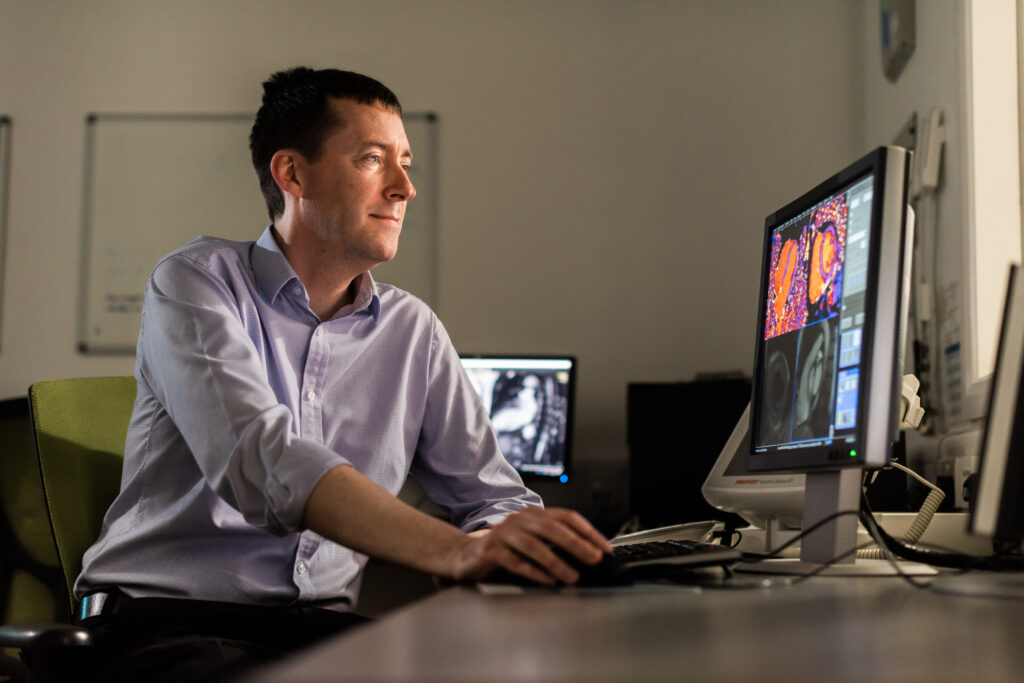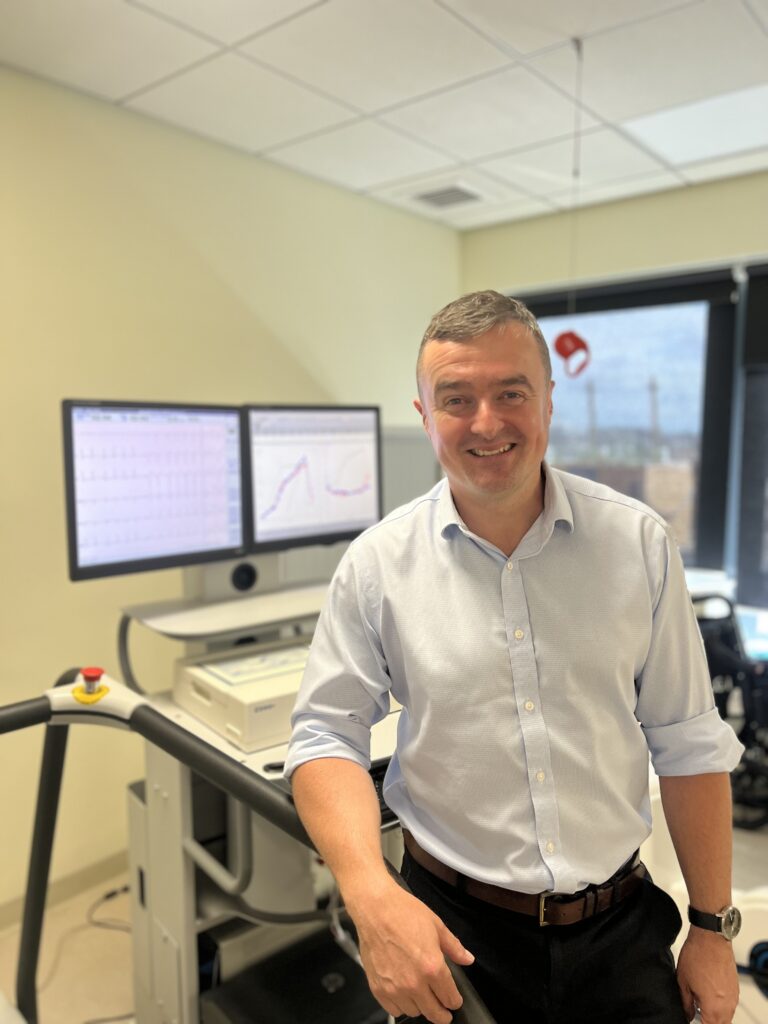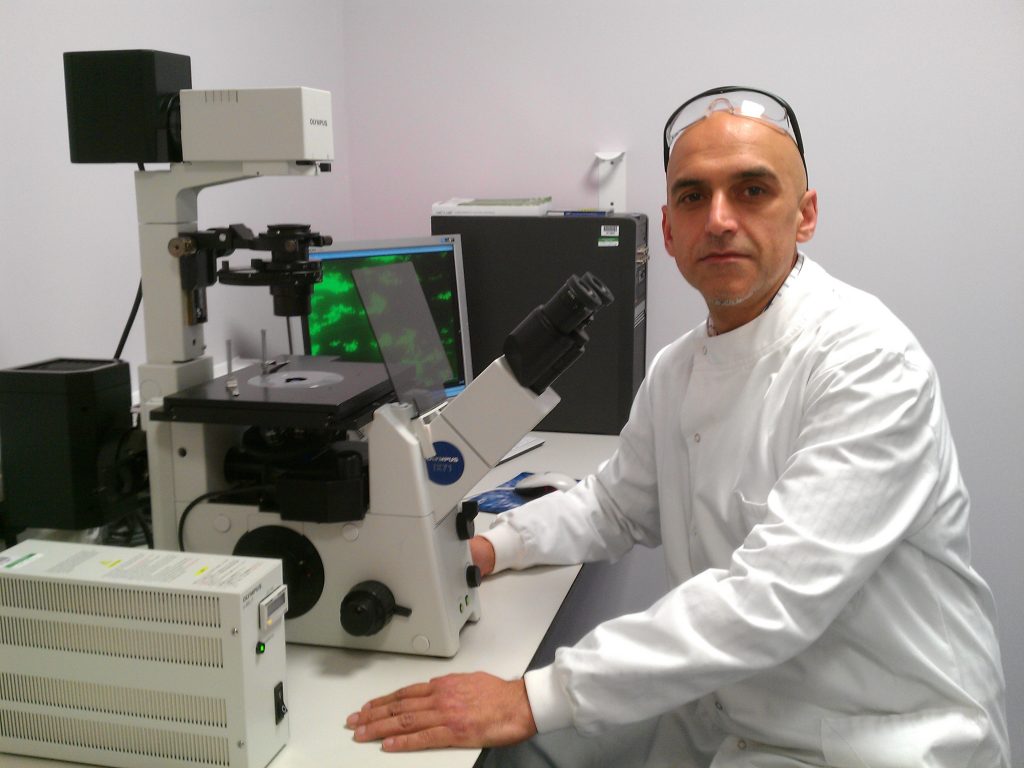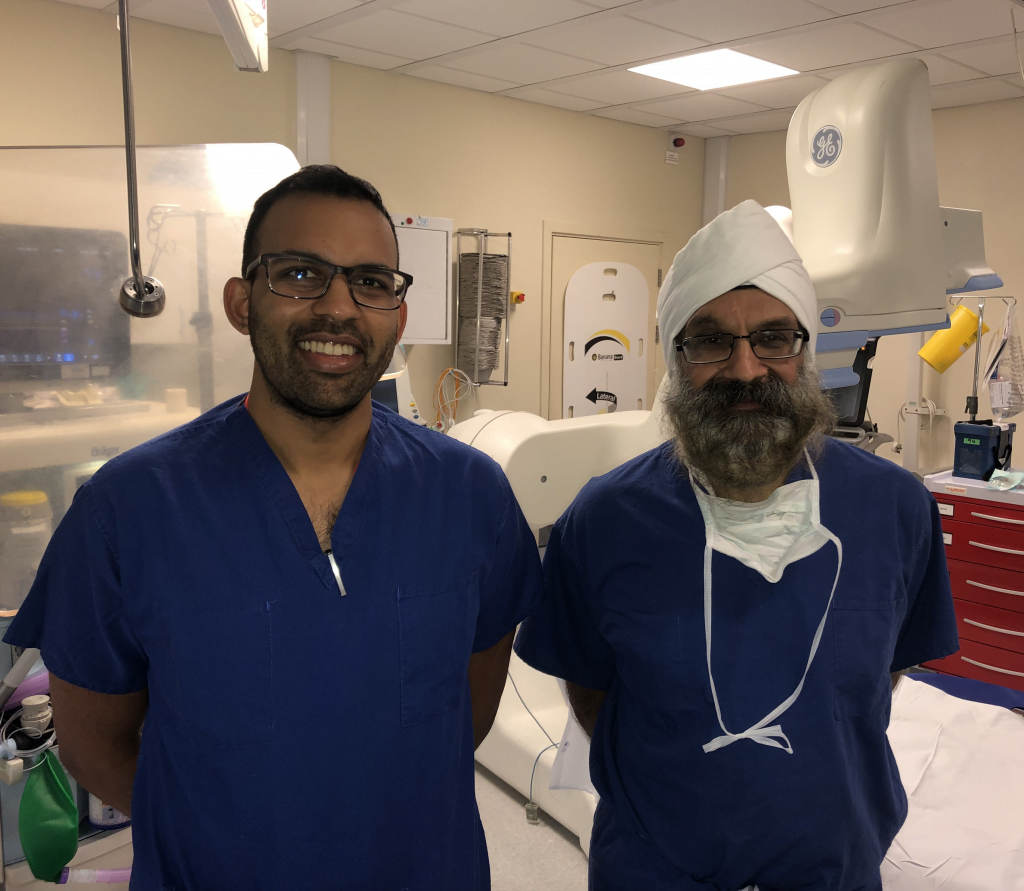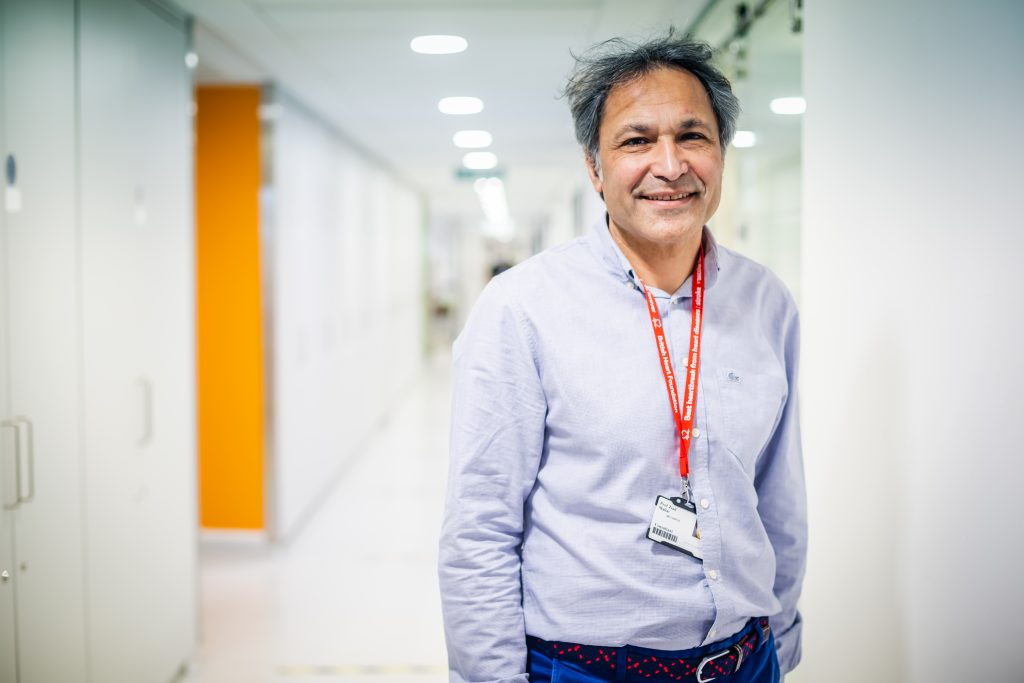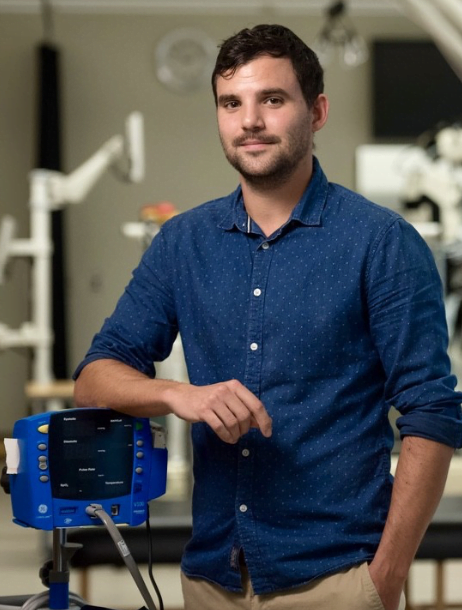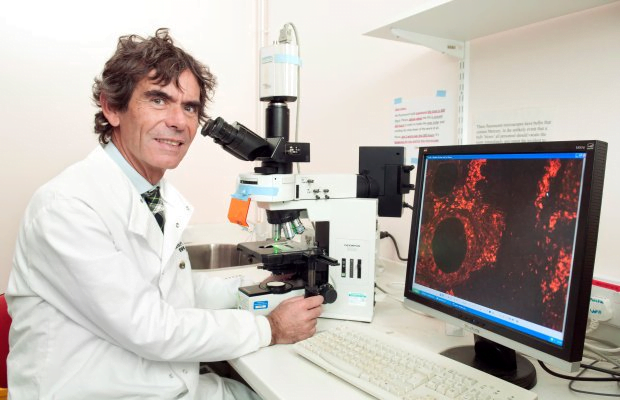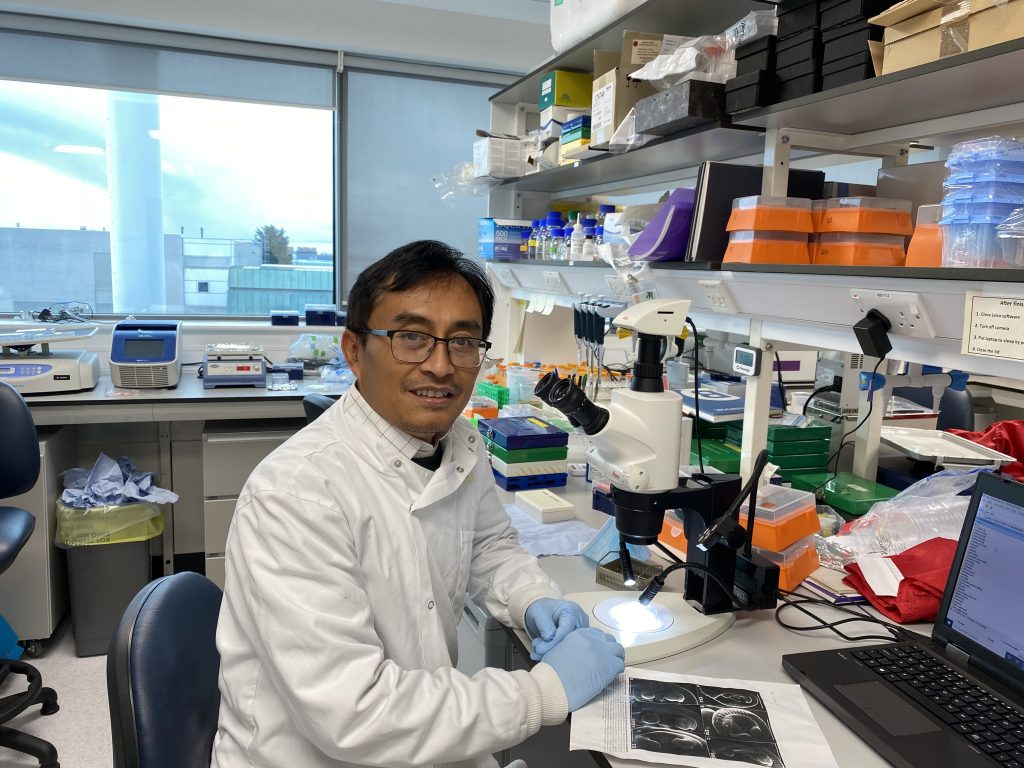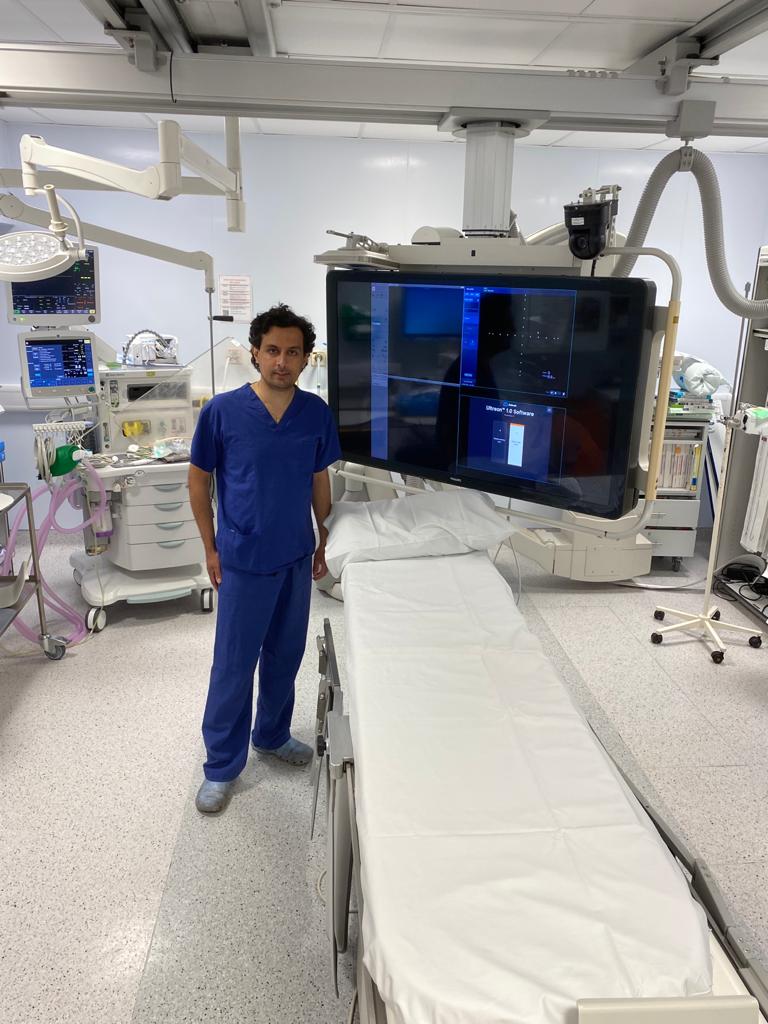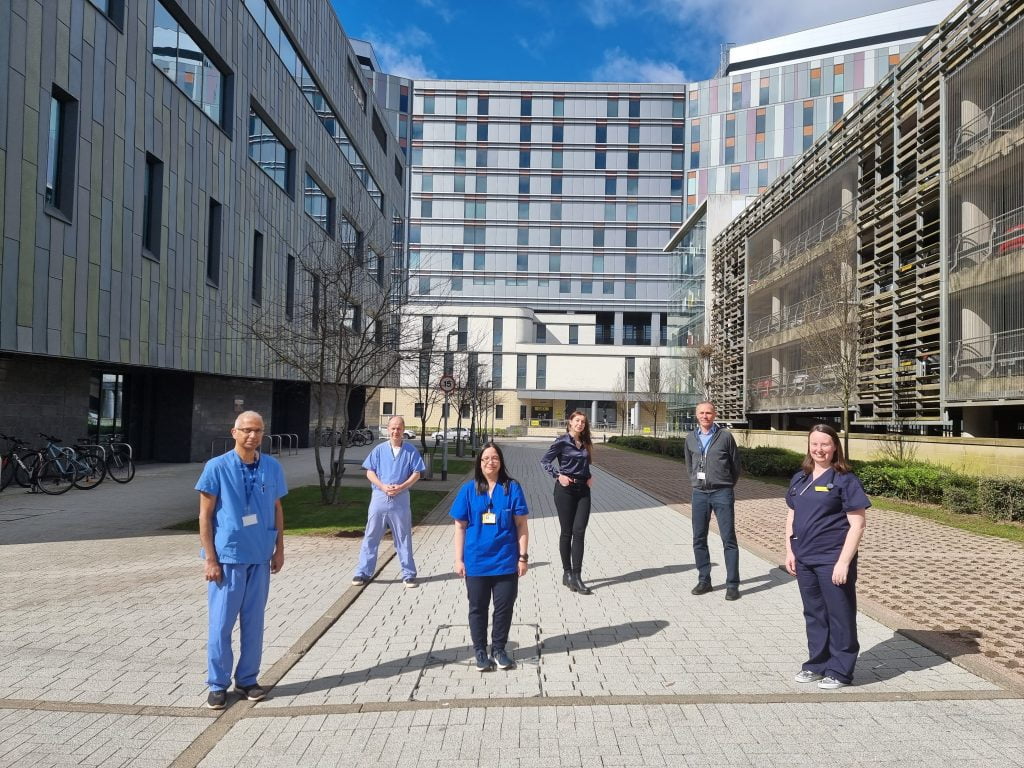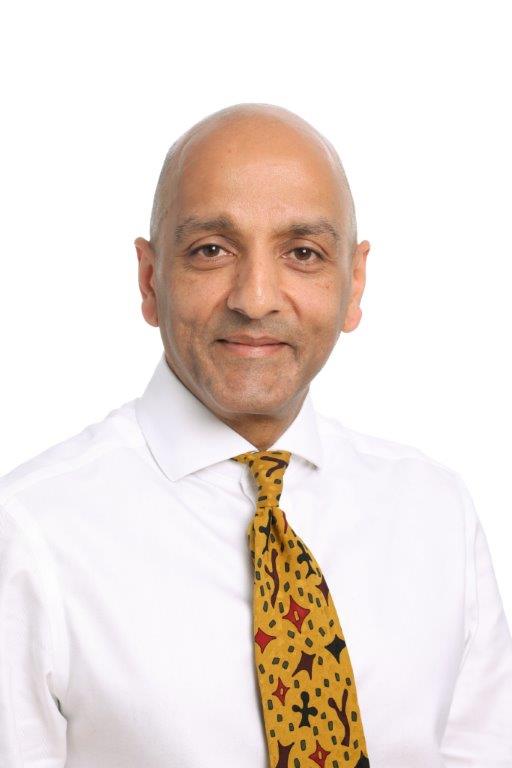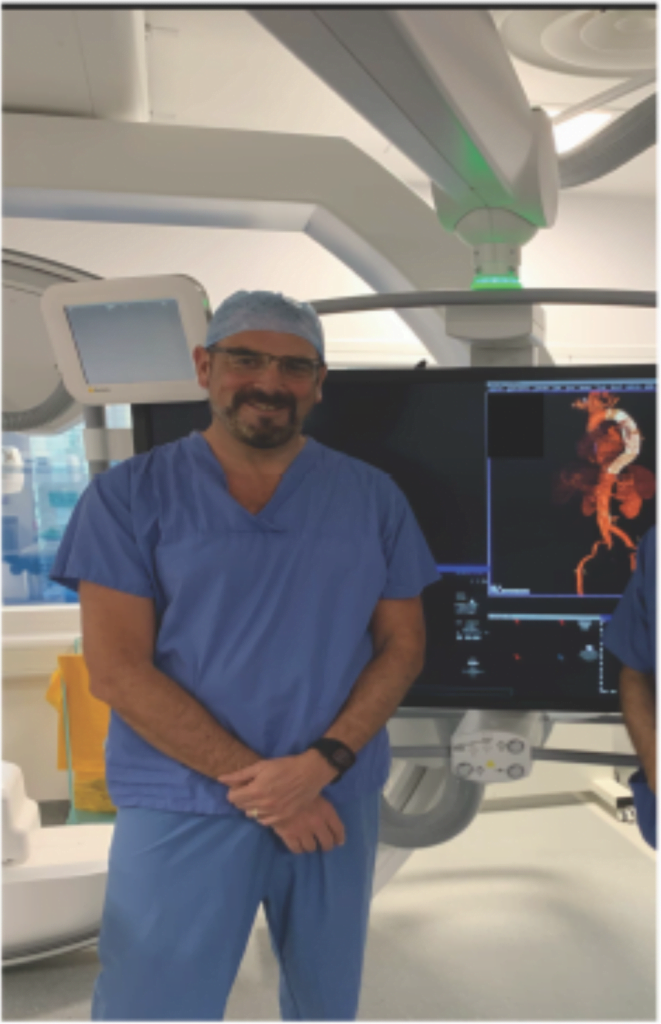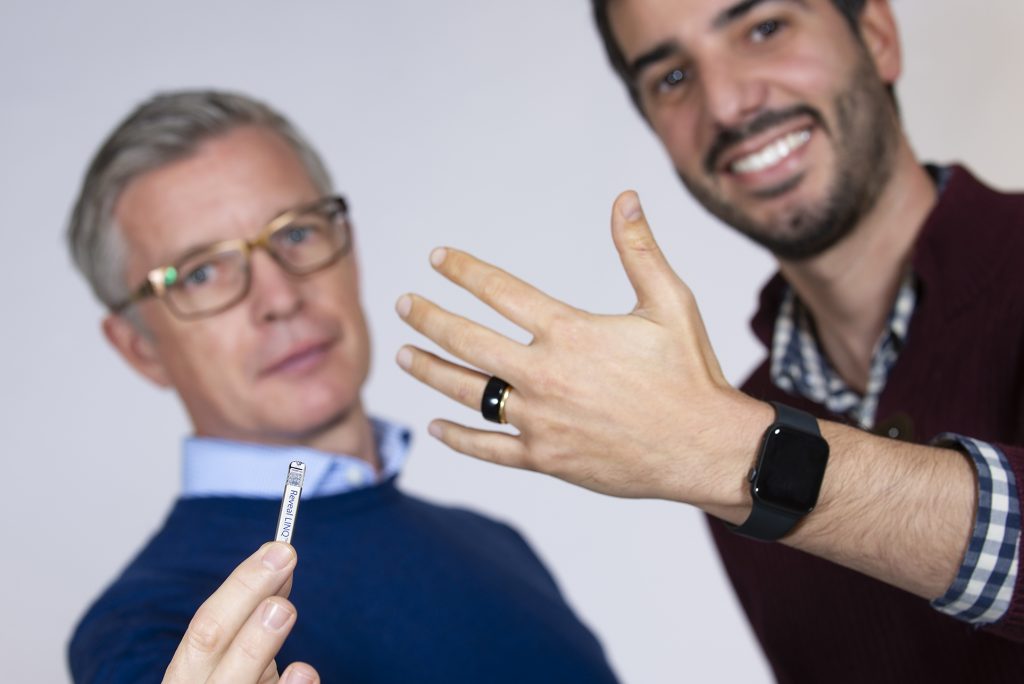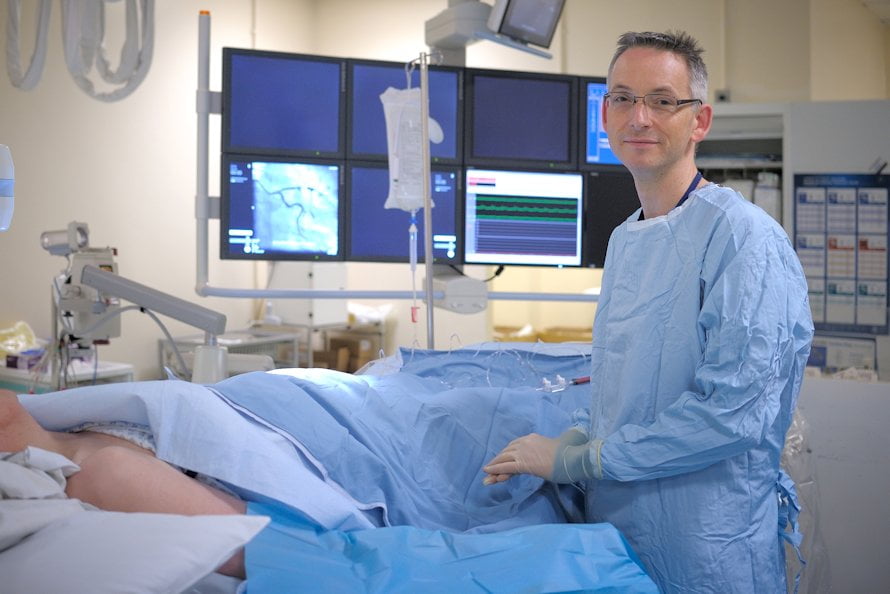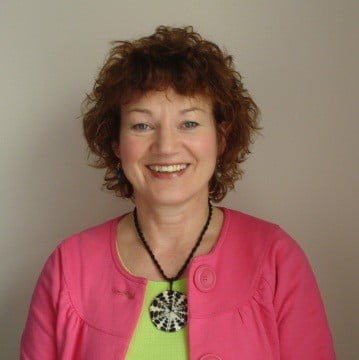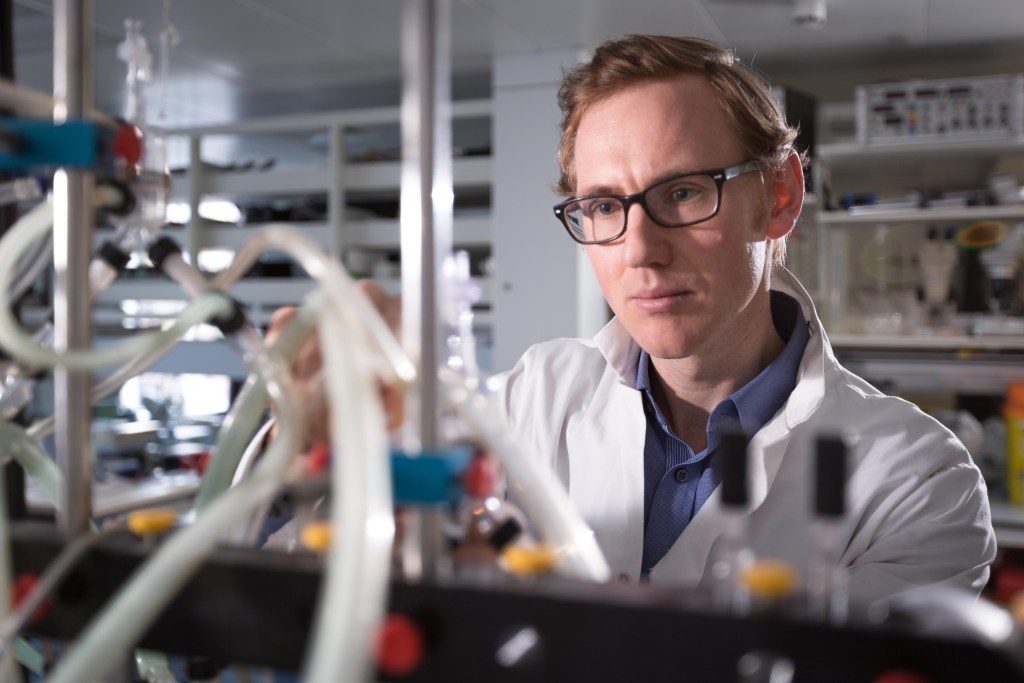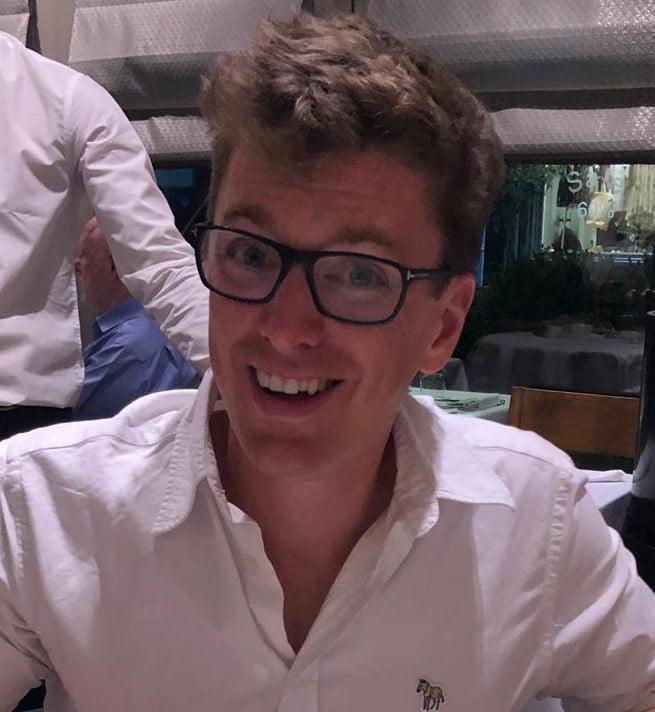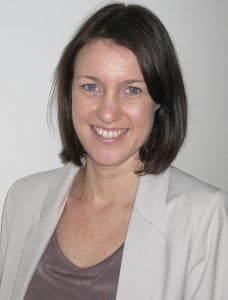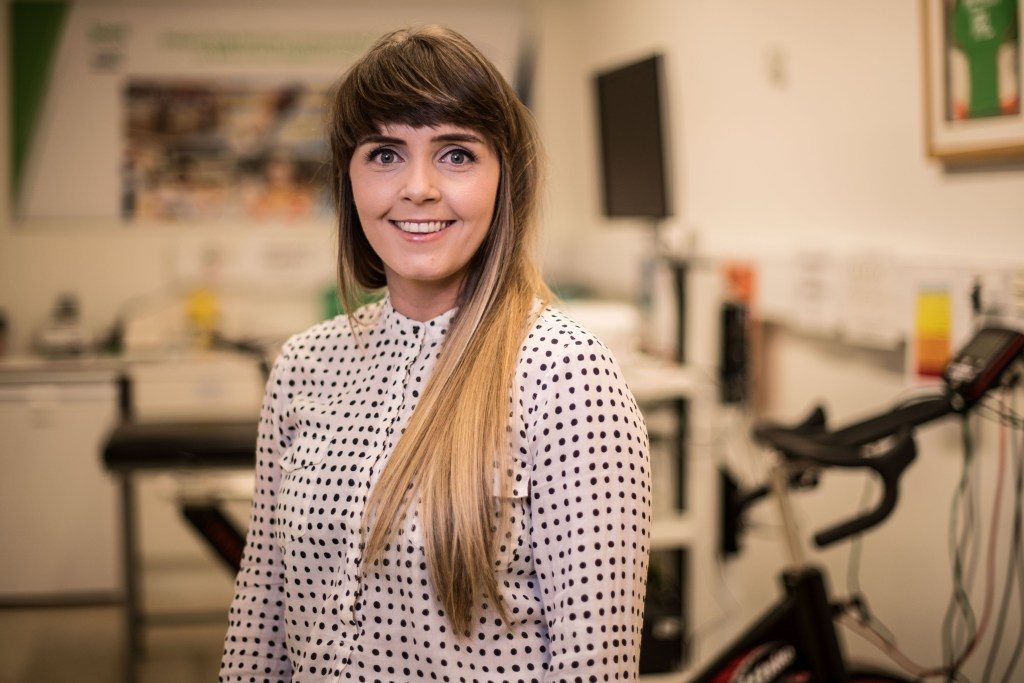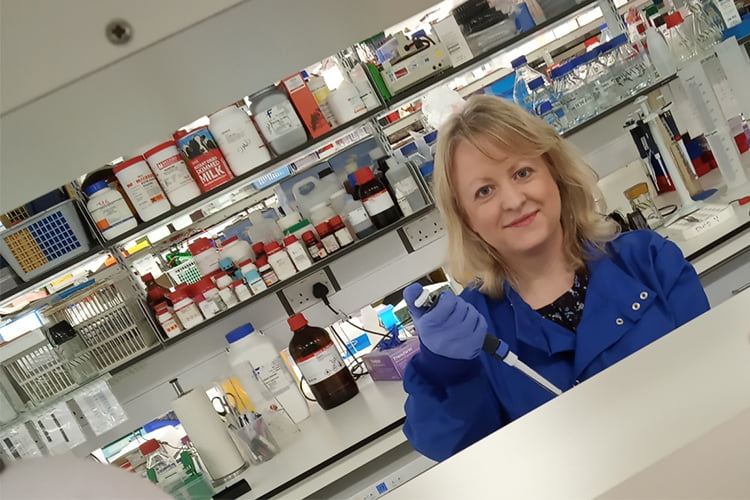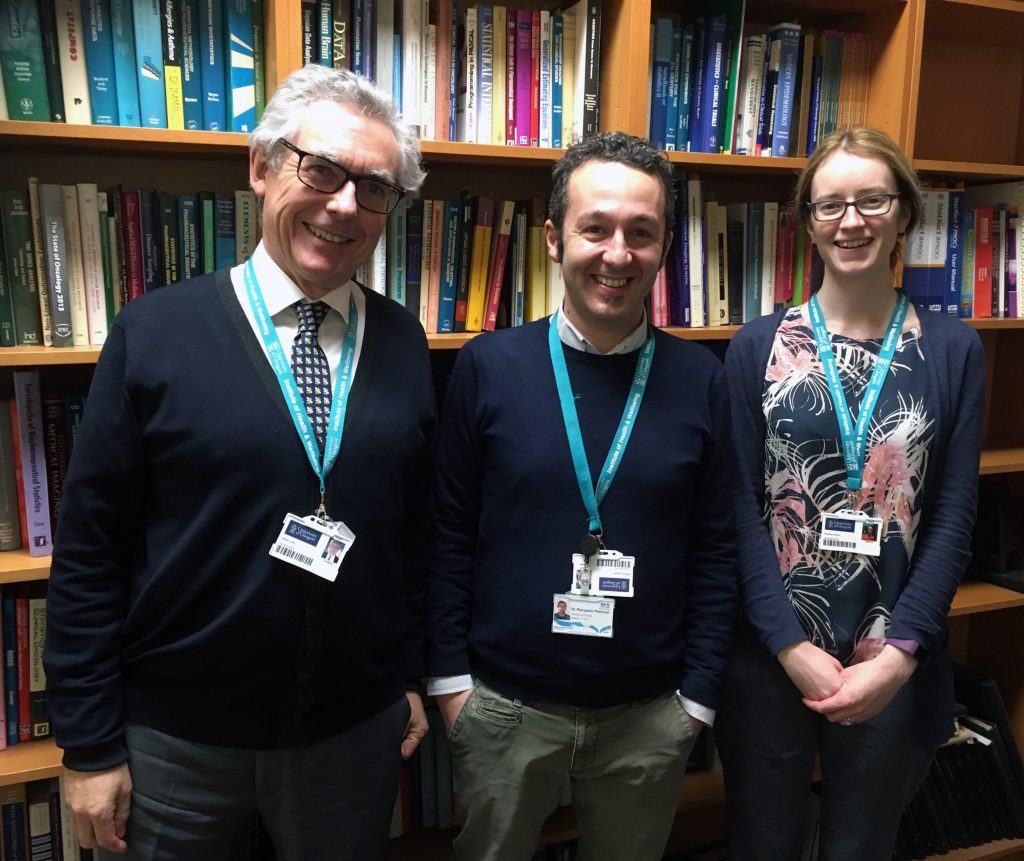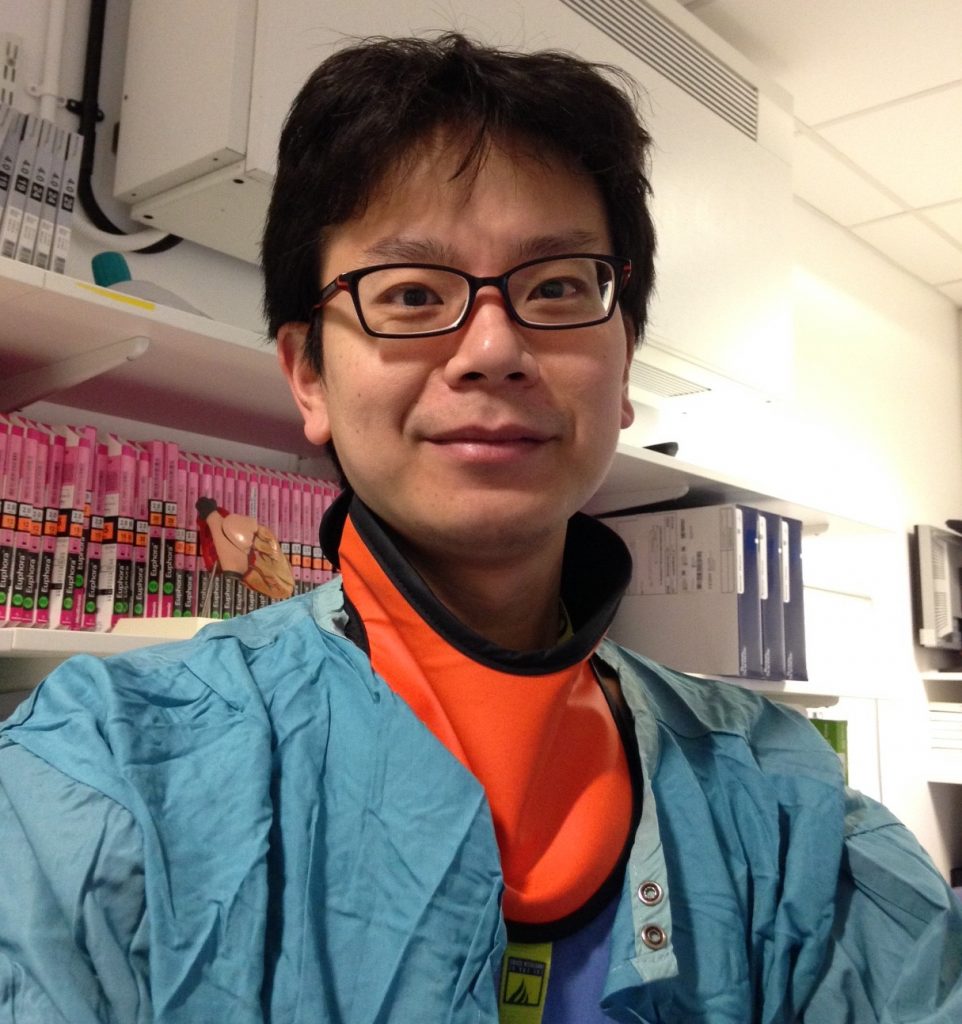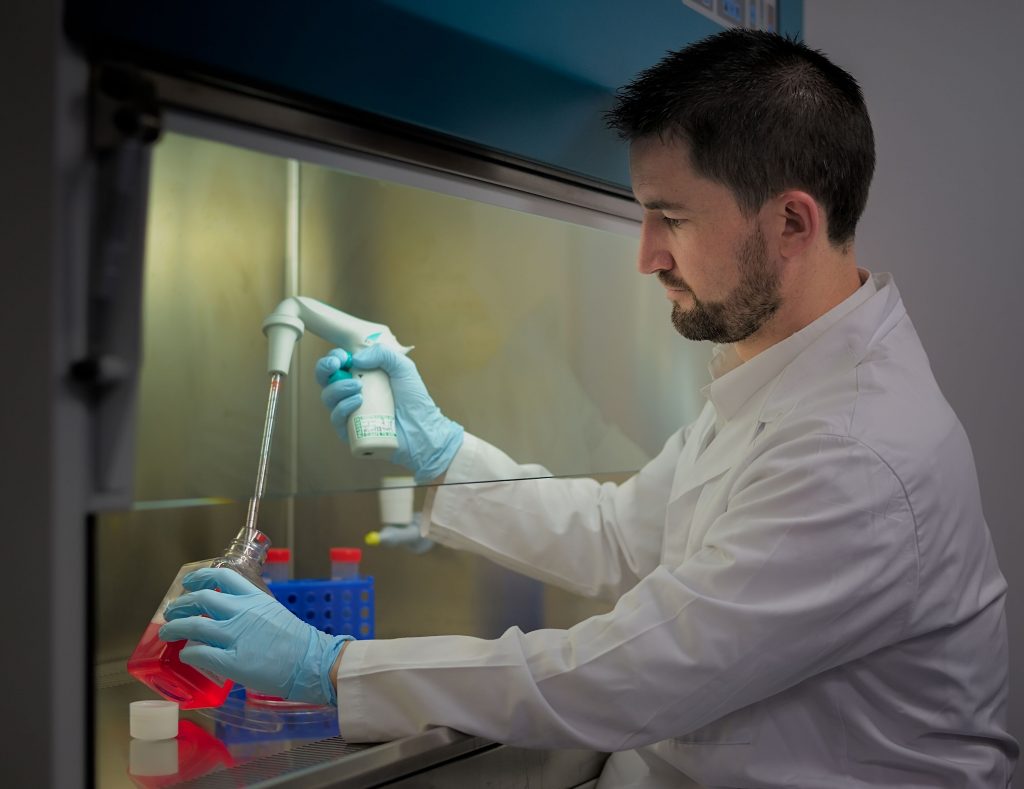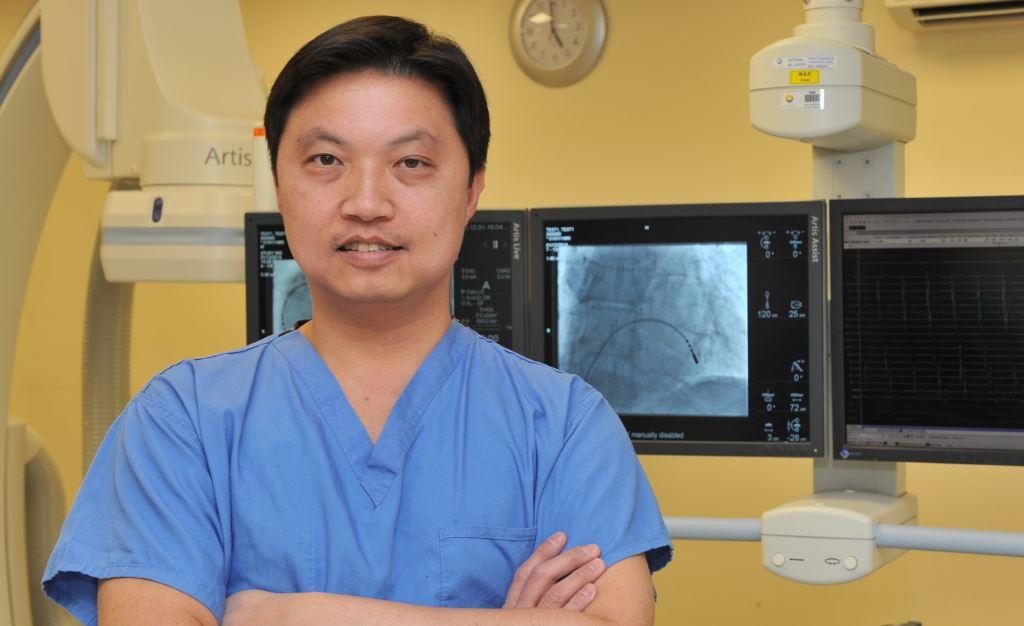Scotland Grant
Professor Nicola Mutch, University of Aberdeen
Amount: £199,970
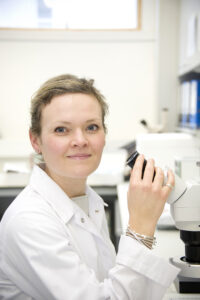
Summary: Acute coronary syndrome (ACS), a sudden reduction in the blood flow to the heart, is the cause of thousands of deaths and hospitalisations in the UK each year. Despite current treatments, recurrence of cardiovascular events in those who survive ACS is common. This study aims to explore novel therapeutic combinations that may harness the body’s natural clot busting mechanism, known as fibrinolysis. This will provide greater insight into why blood clots form in the body, as well as highlighting potential treatment options to prevent it from happening again.
Cardiovascular diseases cause approximately one-third of all deaths in the world, of which acute coronary syndrome (ACS) is the leading cause. ACS is a term used to describe a range of conditions associated with sudden, reduced blood flow to the heart resulting in over 150,000 hospitalisations and around 33,000 deaths per year in the UK. For people who survive ACS there is a high chance of it happening again, despite these patients being on preventative medication.
Current treatment options for ACS include drugs called antiplatelets, which target small circulating cells called platelets that are actively involved in forming clots in our arteries. More recently there has been a move to combine antiplatelet agents with another class of drug called anticoagulants, that dampen down the process that cause our blood to clot. However, this combination of drugs is associated with a higher risk of bleeding and cannot be given to all patients. The body also has its own system for breaking down clots, called fibrinolysis. Our work has shown that individuals with ACS have impairment in this natural system and that those with the slowest rates of so-called “spontaneous” fibrinolysis are more likely to have a future cardiovascular event.
In this project, Professor Mutch and her team will investigate new treatment strategies that could help promote spontaneous fibrinolysis in patients and may reduce repeated cardiovascular events. They will test novel combinations of existing antiplatelet and anticoagulant drugs in both normal healthy volunteer blood and in patients that have suffered an ACS. They have developed a sophisticated model designed to mimic narrowed, diseased arteries in which blood clots are likely to form. This model will provide understanding of the ability of the different drug types and combinations to promote fibrinolysis under conditions that mimic the diseased blood vessel. This data will be correlated with results from “point of care” instruments, that are used to monitor patient characteristics at their bedside. This will allow the team to explore monitoring and treatment options for ACS patients. As a final addition, they will also test novel strategies that specifically target fibrinolysis in order to determine if this is a good treatment strategy in terms of developing new drugs for ACS, among other conditions.
This work will develop a solid understanding of how to harness the body’s natural clot busting system, using both existing and novel treatment options in ACS. Optimising treatment for patients with ACS will help reduce the number of recurrent cardiovascular events in this patient population and as a result will improve quality of life and reduce the number of deaths associated with this disease.
